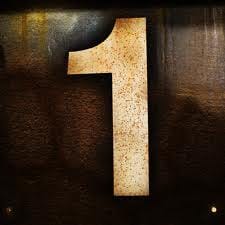 Then you will be able to test and approve what God’s will is—his good, pleasing, and perfect will (Romans 12:2).
Then you will be able to test and approve what God’s will is—his good, pleasing, and perfect will (Romans 12:2).
I want a running Director’s Commentary on my life. You know, like when you buy a DVD, you can look in the “bonus features” section and watch the movie with the director talking over the action. He explains the back story, provides behind-the-scenes tidbits, and gives insight into why certain production decisions were made.
I want the Holy Spirit to provide running commentary for me. As I go through my day he can whisper in my ear—better yet, he can have an angel appear from time to time with a little scroll. You know, something tangible, ‘cause I don’t always trust voices in my head. Anyway, he can point out the Father’s will in every situation, and explain why things happen the way they do. That would be good.
While we’re at it, I want a pony.
OK, this is odd. I was composing the above in my head while driving home from work. As I got to the part about the pony, I glanced to my right and saw…
A pony.
It was just standing there, by the side of the road, munching on some random flora. I have driven this road twice a day every workday for eight years. Never once have I seen a pony. I attach no spiritual significance to this, other than proof that God has a sense of humor.
And yet…
I did not stop and collect the pony, partly because I don’t want a felony on my record, and partly because I really do not want a pony. I was only pretending I wanted a pony.
Which makes me wonder…do I really want the Holy Spirit speaking directly to me, passing me notes, or am I just pretending I do? Do I really want to be responsible for knowing God’s will? Because, frankly, not being sure of his will gives me a certain amount of wiggle room that I often exploit.
This passage suggests to me that, as we allow God to put our minds back in whack through his Word and his Holy Spirit, we actually do get something akin to Director’s Commentary. But as with any gift, we are responsible for how we use it.
What do you say, Beloved? Are you willing to accept the gift God offers? Are you willing to be transformed and renewed, to be able to, “test and approve what God’s will is…”? Because what he gives, you must use.
Unless he gives you a pony. A pony you may leave by the side of the road.
 High King of Heaven my victory won
High King of Heaven my victory won
 “Failure is not an option!”
“Failure is not an option!”